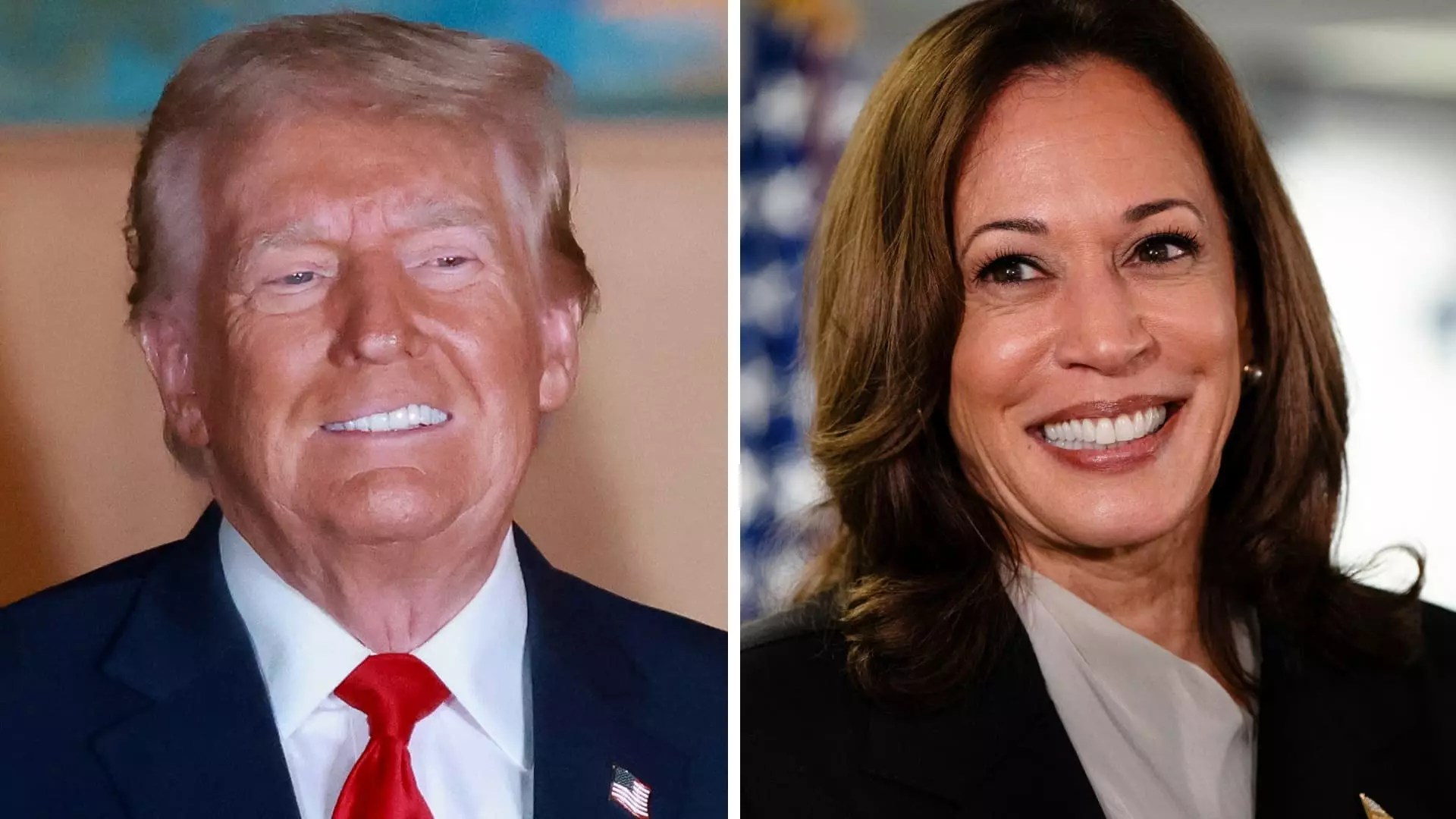In August 2023, wealthy individuals prominently influenced the political landscape as they opened their wallets to super PACs supporting major candidates for the upcoming elections. Reports released by the Federal Election Commission revealed significant financial backing for both Democratic and Republican candidates, highlighting a trend where affluent donors engage actively in political campaigns. This surge of funding foreshadows a heated election season, characterized by its distinct funding dynamics.
A significant chunk of donations concentrated on MAGA Inc., the super PAC supporting former President Donald Trump. Among the notable contributors was Diane Hendricks, a roofing magnate from Wisconsin, who contributed a staggering $10 million. This donation exemplifies the ongoing trend of wealthy individuals backing specific candidates through large contributions, a tactic aimed at maximizing influence on election outcomes. Other prominent donations included $5 million from Howard Lutnick, the CEO of Cantor Fitzgerald, and Paul Singer, the president of Elliott Management. This trend of large sums donated by few donors raises questions about the implications for democratic equality and the overpowering voices of affluent supporters in the political sphere.
On the opposite side of the aisle, technology entrepreneurs played a vital role in bolstering Vice President Kamala Harris through the Future Forward PAC. The largest donation came from Dustin Moskovitz, co-founder of Facebook, who contributed $3 million. This was followed by substantial donations from Netflix co-founder Reed Hastings and Twilio co-founder Jeff Lawson, each providing $1 million. The engagement of tech magnates illustrates how industry leaders can influence political narratives, often steering the policy discussion towards issues pertinent to their sectors.
Interestingly, Hastings, despite his substantial contributions, took a somewhat contradictory stance by publicly urging President Biden to reconsider his re-election campaign. Such actions raise critical discussions about loyalty among party members and the political maneuvers that affluent donors engage in to influence candidates’ positions.
Super PACs like MAGA Inc. and FF PAC have become crucial vehicles for significant donors desiring to impact political outcomes directly. Unlike traditional campaign financing, these super PACs allow unlimited contributions from individuals. This lack of restrictions has transformed the political funding landscape, leading to a concentration of financial power among a handful of mega-donors. The implications of such a system are profound, as it raises concerns about the integrity of the democratic process and the potential for disproportionate influence by the wealthy elite on policy and governance.
Further Down the Ballot: GOP and Democratic Contributions
As the focus shifts further down the political spectrum, conservative super PACs like Club for Growth Action received noteworthy contributions in August, further cementing the importance of big money in congressional races. Major donations came from Jeff Yass and Richard Uihlein, both high-profile GOP megadonors, illustrating the party’s reliance on substantial funding to secure congressional seats. Conversely, the Democratic fundraising efforts also saw meaningful contributions, such as the $600,000 donation from Amos Hostetter Jr. to the House Majority PAC, aimed at supporting Democratic candidates for Congress.
These contributions underscore the competitive nature of both parties’ funding strategies, reflecting an electoral climate increasingly influenced by financial capacity rather than grassroots support. The dynamics raise essential questions regarding the fundamental principles of representation and the voices that dominate political discourse.
The financial commitments made by the wealthy in August reveal a political environment where super PACs have secured their place as fundamental players in the electoral process. As contributions continue to flow, the resultant implications for democracy, equity, and representation will likely spark heated discussions. The reliance on affluent donors and super PACs not only reshapes election campaigns but also influences public policy, showcasing a poignant intersection between wealth and political power. Moving forward, it remains crucial to scrutinize the role of money in politics to ensure that the foundations of democracy are upheld and that diverse voices can still be heard amidst the overwhelming influence of the wealthy elite.


Leave a Reply